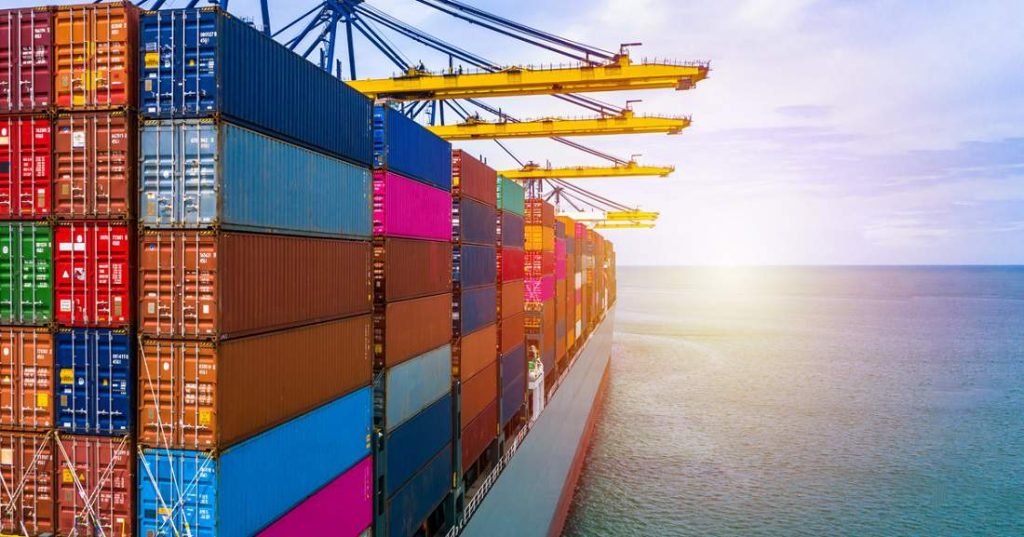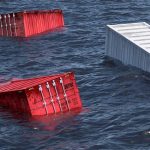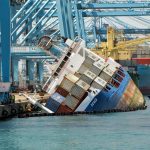Marine insurance transfers the liability of the goods from the parties and intermediaries involved to the insurance company. The legal liability of the intermediaries handling the goods is limited to begin with. The exporter, instead of bearing the sole responsibility of the goods, can buy an insurance policy and get coverage for the exported goods against any possible loss or damage.
The carrier of the goods, be it the airline or the shipping company, may bear the cost of damages and losses to the goods while on board. However, the compensation agreed upon is mostly on a ‘per package’ or ‘per consignment’ basis. The coverage so provided may not be sufficient to cover the cost of the goods shipped. Therefore, exporters prefer to ship their products after getting it insured the same with an insurance company.
Marine insurance is necessary to meet the contractual obligations of exports. To align with agreements such as cost insurance and freight (CIF) or carriage and insurance paid (CIP), the exporter needs to take marine insurance to protect the buyer’s or their bank’s interest and honor the contractual obligation. Similarly, in the case of Delivered Duty Unpaid (DDU) and Delivered Duty Paid (DDP) terms, the seller may not be obligated to insure the goods, although in practice they generally do.
To avoid insurance claims, ensure the following:
- Packing of goods should be done keeping in mind their safety during loading and unloading
- Packing should be good enough to withstand natural hazards to the best extent possible
- Keep in mind the possibility of clumsy handling or theft when packing goods.


